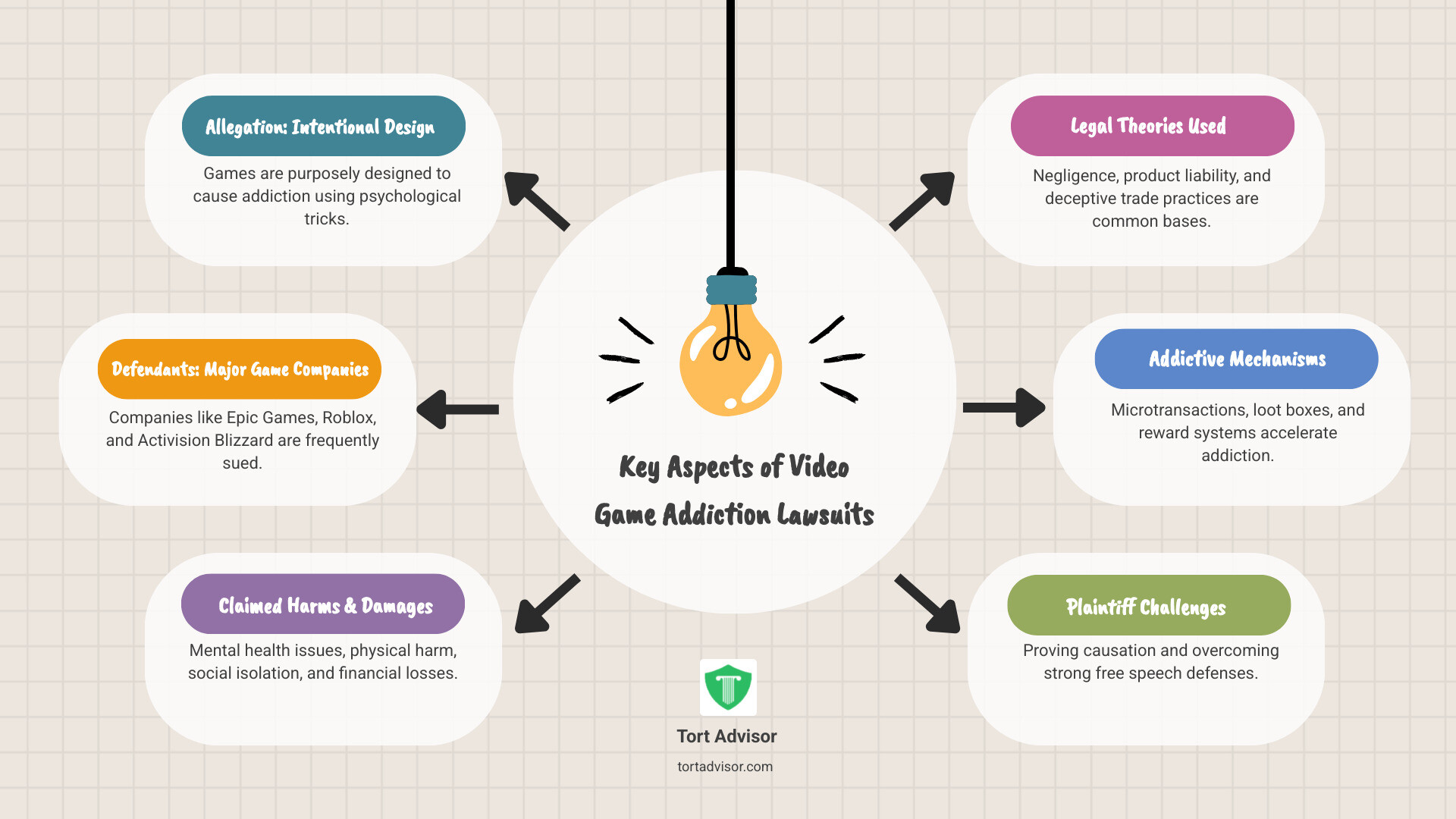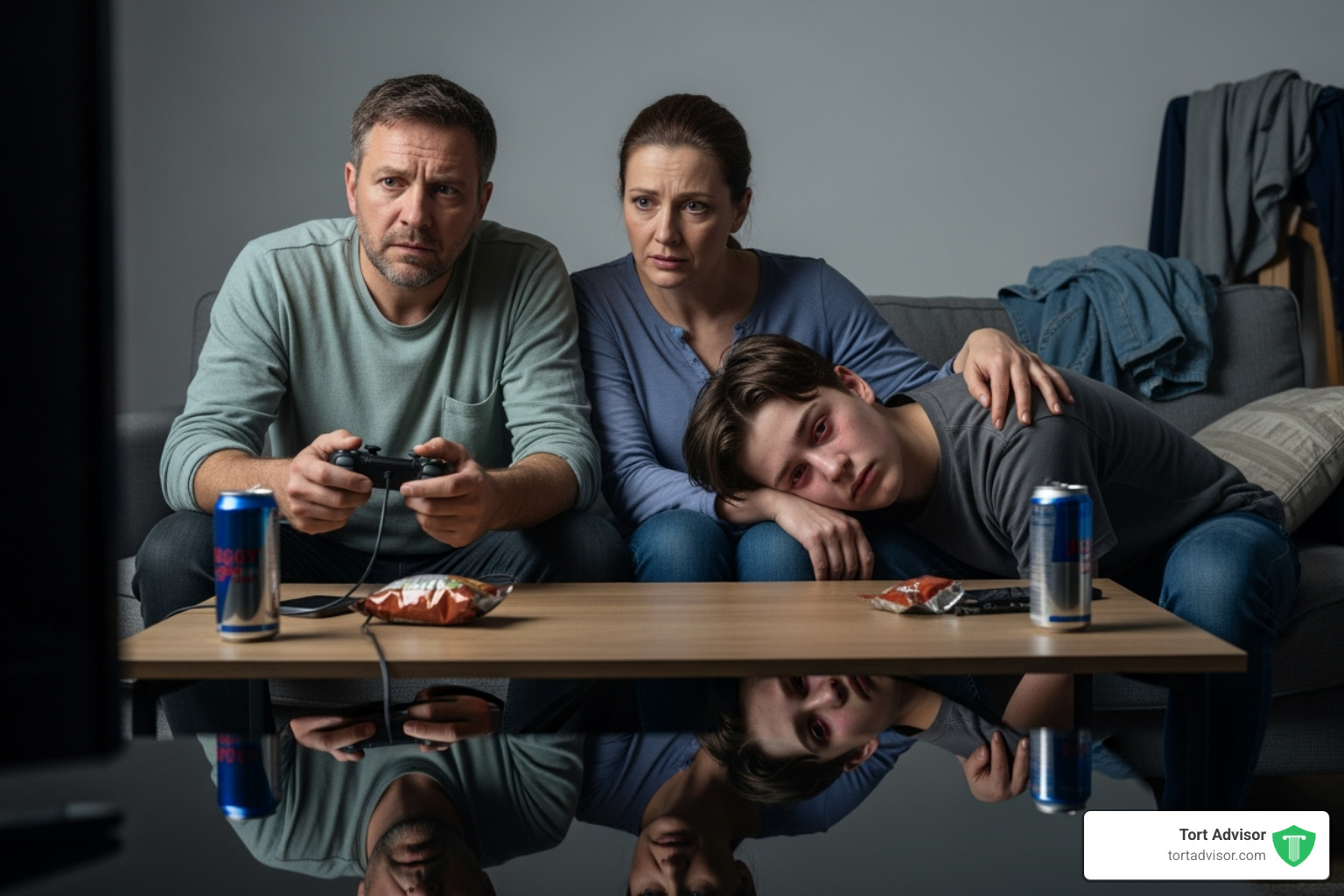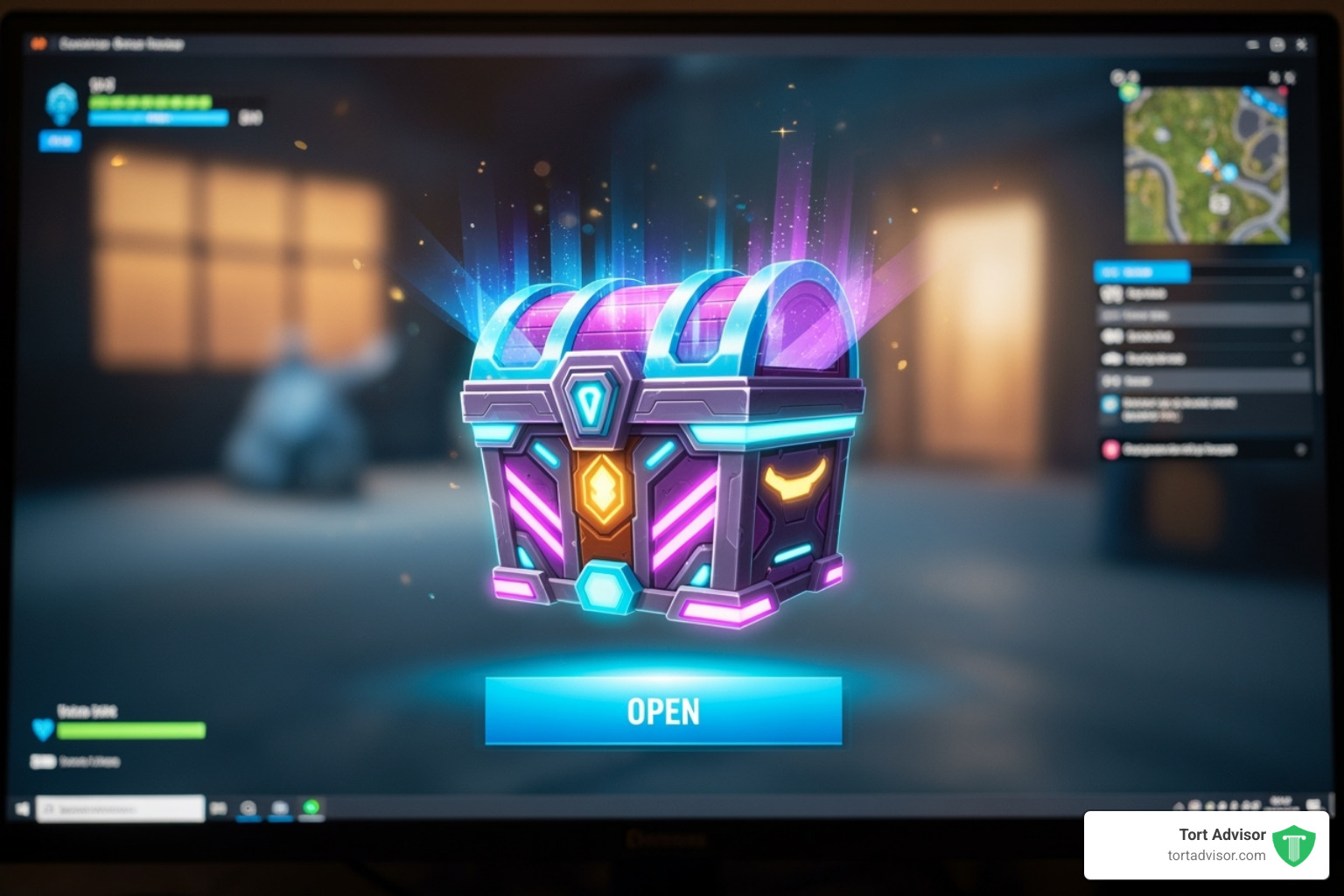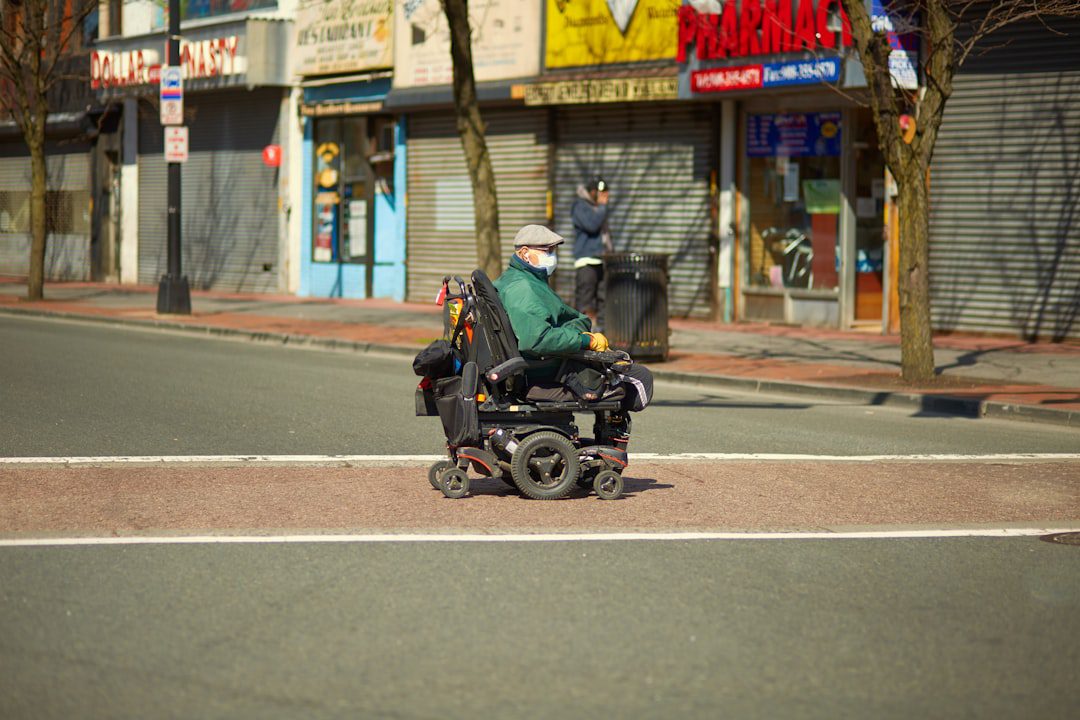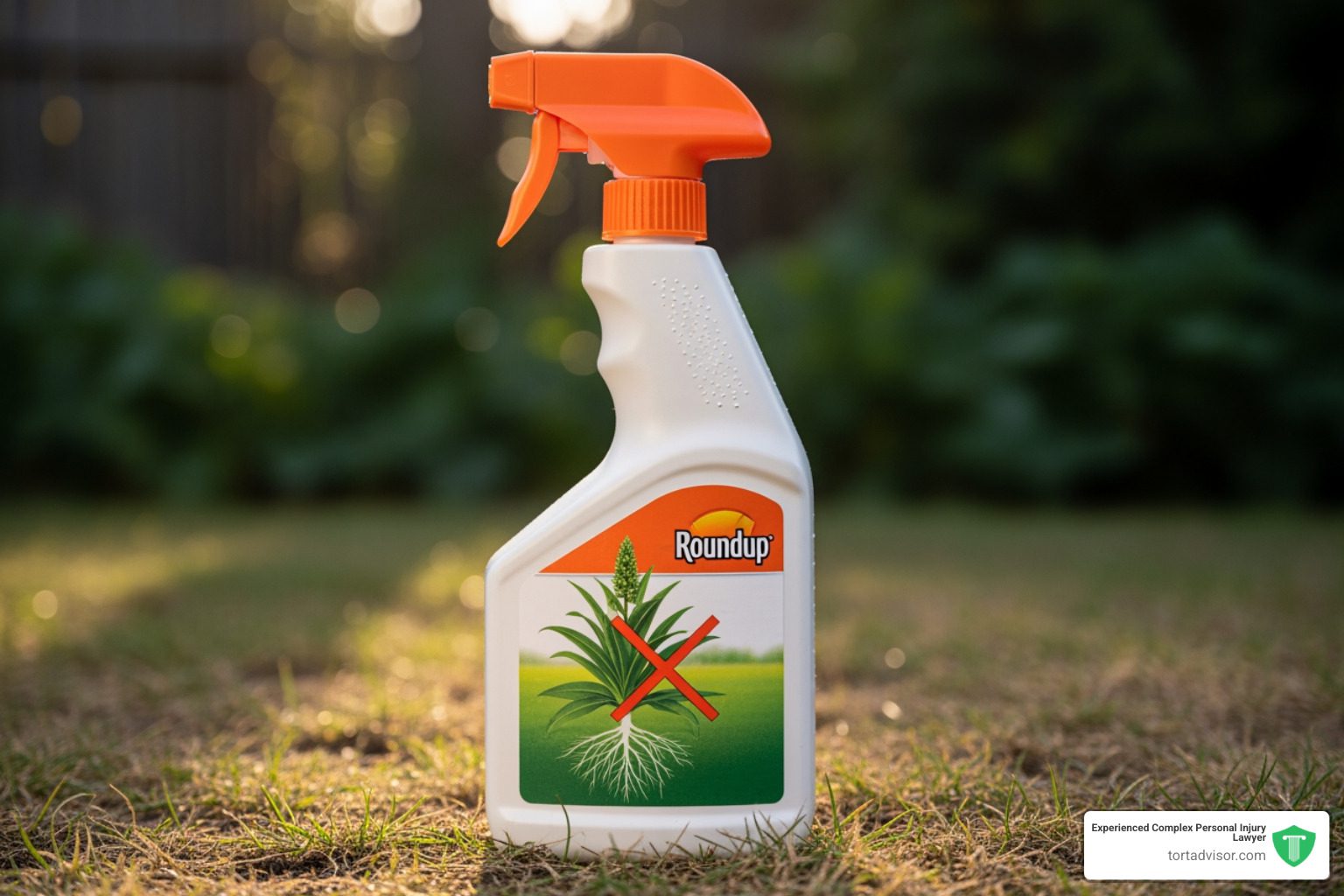


Understanding the Addicted to Video Games Lawsuit Landscape
An addicted to video games lawsuit is a legal action against video game companies, claiming they intentionally design games to be addictive, leading to serious harm.
Key aspects of these lawsuits include:
- Allegations: Game developers use psychological tricks to make products addictive.
- Defendants: Major companies like Epic Games, Roblox, and Activision Blizzard are frequently sued over games like Fortnite, Call of Duty, and Minecraft.
- Claimed Harms: Plaintiffs cite mental health issues (anxiety, depression), physical ailments, social isolation, and significant financial losses from in-game purchases.
- Legal Basis: Claims often involve negligence, product liability, and deceptive practices.
- Addictive Features: Microtransactions, loot boxes, and reward systems are highlighted as key drivers of addiction.
- Legal Problems: Proving causation is difficult, and companies mount strong defenses, including free speech arguments.
The massive growth of the global gaming industry has been shadowed by the rise of gaming addiction. This has led to over a dozen personal injury lawsuits nationwide, alleging that companies deliberately created “gaming addicts.”
I’m Mason Arnao. My background in SaaS Cloud Architecture and Internet Lead Generation provides a unique view of the digital systems in the addicted to video games lawsuit phenomenon. My experience analyzing complex online behaviors helps me break down the technical side of these legal challenges.
Addicted to video games lawsuit definitions:
What is Video Game Addiction and Who is Affected?
Video game addiction isn’t just a hobby; it’s a serious behavioral pattern where gaming harmfully dominates a person’s life.
The medical community recognizes this threat. In 2018, the World Health Organization (WHO) officially added “gaming disorder” to its International Classification of Diseases after extensive research. You can learn more about their recognition of gaming disorder on their site. The American Psychiatric Association also identified “Internet Gaming Disorder” as a condition for further study. This high-level recognition confirms the issue’s seriousness.
Children and teenagers are particularly vulnerable. Their developing brains, especially the parts controlling impulses, make them susceptible to addictive game designs.
The statistics are alarming. Up to 10% of the U.S. population may have a gaming addiction. With 85% of teens playing video games and 40% playing daily, a vast number are at risk.
These trends have led to lawsuits from families who believe their loved ones were intentionally targeted. You can find more info about personal injury lawsuits to understand the legal process.
Recognized Symptoms of Gaming Disorder
Gaming disorder often starts subtly before escalating. Health professionals identify several key signs:
- Preoccupation with gaming: Constant thoughts about the game, even when not playing.
- Withdrawal symptoms: Experiencing anxiety, irritability, or distress when unable to play.
- Loss of control: Inability to reduce playing time, despite wanting to. Promises to play for a short time often turn into marathon sessions.
- Neglecting other activities: Losing interest in hobbies, friends, and schoolwork.
- Deception and escapism: Lying about gaming habits and using games to avoid real-world problems.
- Jeopardizing relationships and careers: Prioritizing gaming over significant relationships, education, or job opportunities. In extreme cases, teens have played for up to 20 hours a day, with experts comparing the dependency to that of hard drugs.
The Cleveland Clinic provides detailed information on these symptoms.
The Harms and Damages Claimed by Plaintiffs
The consequences of gaming addiction are life-altering and form the basis of every addicted to video games lawsuit.
Financial devastation is common, driven by endless in-game purchases. Children have spent thousands of dollars on their parents’ credit cards. Beyond direct spending, families suffer from lost wages as addiction interferes with work.
The emotional toll is severe, often leading to persistent depression, anxiety, and social isolation. Alarmingly, research on gaming and suicidal ideation has linked internet gaming disorder to suicidal thoughts, highlighting the grave mental health risks.
Physical harm is also a factor, with players reporting carpal tunnel syndrome, chronic eye strain, and sleep disorders. In some cases, intense gameplay has even triggered seizures.
Plaintiffs argue these documented harms are a direct result of design choices made by game companies who prioritized profits over player safety.
How Game Developers Are Accused of Engineering Addiction
According to addicted to video games lawsuit claims, the difficulty in putting down a video game is by design. Plaintiffs allege that developers deliberately engineer addiction using behavioral psychology and neuroscience.
Lawsuits claim companies use “psychological tricks” like random rewards and dopamine-triggering sound effects to hook players. These techniques are especially effective on minors, whose developing brains are more vulnerable to manipulative design. The prefrontal cortex, responsible for impulse control, isn’t fully mature, making young players highly susceptible.
It’s alleged that game companies collaborate with behavioral scientists and neuroscientists to perfect these addictive features, sometimes even patenting strategies to maximize playtime and spending. These lawsuits argue that profiting from addiction, particularly at the expense of children, is unacceptable. Learn more about the companies being targeted here: More info on Top Video Game Developer Hit with Major Lawsuits.
The Role of In-Game Monetization and Reward Systems
A key focus of any addicted to video games lawsuit is how modern games monetize players and drive engagement long after the initial purchase.
Several systems are under fire for fostering addiction:
- Microtransactions & Virtual Currencies: Small in-game purchases, often using abstract currencies like V-Bucks or Robux, obscure real-world costs and encourage spending.
- Loot Boxes: These randomized reward systems are criticized as a form of digital gambling. The FTC concerns over loot boxes highlight their potential to encourage gambling-like behavior in minors.
- Pay-to-Win Models: These systems pressure players to spend money to gain a competitive advantage, creating a spending arms race.
- Variable Reward Schedules: Borrowed from casino slot machines, these unpredictable reward systems are highly addictive, keeping players hooked in anticipation of the next big prize.
- FOMO Mechanics: Daily rewards and time-sensitive events exploit the “fear of missing out,” compelling players to log in frequently and for long durations.
Plaintiffs argue these are not just business models but deliberate tools designed to create compulsive behavior for profit.
Companies and Games Targeted in Lawsuits
The addicted to video games lawsuit movement targets the industry’s largest companies, accusing them of creating intentionally addictive products.
- Epic Games: Faces lawsuits over Fortnite, with its free-to-play model and extensive microtransactions allegedly designed to be addictive, especially for younger players.
- Activision Blizzard: Targeted for titles like Call of Duty and World of Warcraft, which are cited for intense reward loops and competitive mechanics.
- Roblox Corporation: Sued over its popular children’s platform, with allegations of addictive design and facilitating gambling-like behavior with its Robux currency.
- Microsoft: Named in lawsuits involving Minecraft and the Xbox platform, which are accused of having addictive qualities despite a creative reputation.
- Electronic Arts (EA): Scrutinized for loot boxes in sports franchises like FIFA and Madden.
- Take-Two Interactive: Cited for addictive gameplay loops and in-game purchases in titles like Grand Theft Auto V and NBA 2K.
Other major companies, including Sony, Nintendo, Ubisoft, Google, and Apple, have also been named for their roles in developing or distributing these games and facilitating in-app purchases. These lawsuits question whether the industry has prioritized profits over the well-being of its users. Find out more here: Is a Video Game Addiction Lawsuit Legit?.
The Legal Battleground of an Addicted to Video Games Lawsuit
Filing an addicted to video games lawsuit means entering a complex legal fight against a major corporation. The primary challenge is proving a game was deliberately designed to be addictive and directly caused the plaintiff’s harm.
Plaintiffs must connect specific game features to the resulting addiction, a difficult task when facing the vast legal resources of game companies.
These cases are testing new legal ground, as there is little precedent for successful video game addiction claims. Each lawsuit helps define the evolving legal landscape.
For more on this topic, visit: Category: Video Game Addiction.
Legal Theories Used by Plaintiffs
In an addicted to video games lawsuit, plaintiffs use several legal arguments to hold companies accountable:
- Negligence: Arguing that developers had a duty to protect users, especially children, from foreseeable harm like addiction, but failed to do so.
- Product Liability: This includes claims of defective design (the game is inherently dangerous due to its addictive nature) and failure to warn (the company knew of addiction risks but didn’t inform consumers).
- Deceptive Practices: Alleging that companies misled consumers, for instance, by marketing a game as family-friendly while hiding its addictive mechanics.
- Unjust Enrichment: Claiming that companies unfairly profited from players’ addictions.
- Intentional Infliction of Emotional Distress: Used in cases where a company’s conduct is considered extreme and outrageous.
Lawsuits often combine these theories to build a comprehensive case.
Defenses Raised by Gaming Companies
Gaming companies employ several powerful defenses against an addicted to video games lawsuit:
- First Amendment Protection: Their primary defense is that video games are a form of artistic expression protected as free speech, a view supported by the Supreme Court in Brown v. Entertainment Merchants Association.
- Arbitration Clauses: Terms of service agreements often force users into private arbitration, preventing them from filing lawsuits or joining class actions.
- Personal Responsibility: Defendants argue that players and their parents are ultimately responsible for managing gameplay time and habits.
- Lack of Scientific Consensus: Companies highlight the ongoing debate within the scientific community about the definition and causes of video game addiction.
- Section 230 Protection: Platforms with user-generated content may claim immunity from liability for third-party content.
These robust defenses make litigation challenging for plaintiffs.
Current Status of the Addicted to Video Games Lawsuit Litigation
The addicted to video games lawsuit landscape is still developing. Over a dozen lawsuits have been filed nationwide against major game companies.
A key development was the MDL panel’s decision to decline to consolidate these lawsuits into a single federal case, citing differences between them. This allows individual cases to proceed in various state courts, which may be advantageous for plaintiffs seeking favorable consumer protection laws. Cases are currently active in states like Arkansas, Missouri, and Florida.
There have been setbacks, including some early case dismissals. One notable case was dismissed when evidence showed the account was barely used, though this did not test the central legal arguments about addictive design. As one analysis put it, the first video game addiction lawsuit got knocked out, but the fight continues. Each case is crucial for setting precedents in this emerging area of law.
Frequently Asked Questions about Video Game Addiction Lawsuits
We understand that thinking about an addicted to video games lawsuit can bring up a lot of questions. It’s a new and evolving area of law, and we’re here to help shed some light on the most common concerns.
What evidence is needed to build a successful addicted to video games lawsuit?
A strong addicted to video games lawsuit requires compelling evidence to demonstrate the addiction’s impact. Key types of proof include:
- Medical Records and Expert Opinions: A formal diagnosis of gaming disorder from a doctor or therapist is crucial. Records of therapy, psychiatric evaluations, and expert testimony can establish the severity of the condition.
- Financial Records: Credit card and bank statements showing excessive spending on in-game purchases like microtransactions and loot boxes prove financial harm.
- Gaming History Data: Logs from gaming platforms can document extreme playtime and engagement with features alleged to be addictive.
- Witness Testimony: Statements from family, friends, or teachers can describe behavioral changes, social isolation, and other negative consequences.
- Academic and Employment Records: Proof of declining grades or job loss helps demonstrate the real-world damages caused by the addiction.
This evidence helps connect the harm suffered directly to the game’s design.
What compensation can plaintiffs seek in these cases?
In an addicted to video games lawsuit, plaintiffs can seek compensation for the harms caused by the addiction. This can include:
- Compensatory Damages: To cover measurable losses such as:
- Medical expenses for therapy, rehabilitation, and treatment.
- Lost income and diminished future earning capacity.
- Pain and suffering for emotional distress, anxiety, and depression.
- Educational costs related to academic setbacks.
- Punitive Damages: May be awarded to punish companies for extreme negligence or malicious intent and to deter future misconduct.
- Disgorgement of Profits: To force companies to give up profits earned through deceptive or addictive practices.
While there is no long history of settlements, potential compensation can be significant. Based on similar personal injury claims, estimated settlement ranges could be $25,000–$90,000 for minor cases, $100,000–$250,000 for moderate cases, and $250,000–$350,000+ for severe claims. In exceptional cases with life-altering consequences, settlements could exceed $500,000.
Can I sue if my child is an adult but became addicted as a minor?
Yes, it is often possible to file an addicted to video games lawsuit if the addiction started and caused harm while your child was a minor. These lawsuits focus on the vulnerability of children and adolescents due to their developing brains.
However, there are critical factors to consider:
- Statute of Limitations: Each state has a strict deadline for filing a lawsuit. This time limit, which varies by state, usually begins when the injury was finded. It is vital to consult an attorney to determine if you are within this window.
- Case-Specific Evidence: The strength of a case depends on evidence showing when the addiction began, the extent of gameplay during their minor years, and the documented harm from that period.
- Legal Consultation: Laws differ significantly by state. An experienced attorney can evaluate your case’s merits, steer local laws, and advise on the best course of action.
What to Do if You Believe You Have a Case
If you suspect that you or a loved one has been harmed by an intentionally addictive video game, there are concrete steps you can take.
First, document everything. Gather evidence like credit card statements showing in-game spending, gaming data showing excessive playtime, and medical records diagnosing a gaming disorder. Note any decline in school grades or job performance.
Second, limit gameplay and seek professional help. Addressing the addiction is crucial, and a formal diagnosis from a mental health professional is a cornerstone of any addicted to video games lawsuit.
Most importantly, consult with an experienced attorney. These are complex cases against well-funded companies, and you shouldn’t face them alone.
At Tort Advisor, we connect families with highly skilled attorneys who have proven track records against major corporations. We have a nationwide network of legal experts who understand the laws in your state and can fight for your family.
Time is critical due to state-specific statutes of limitations. If you believe your family has been harmed by addictive game design, don’t wait. Find out if you qualify for a Video Game Addiction Lawsuit today. We are here to help you seek accountability and healing.
Free Confidential Case Evaluation
Complete the short form below to get an immediate FREE case review with an expert in your specific claim. Don't wait, your case could be time sensitive to file a claim.
Related Posts
Discover New Jersey disability benefits: TDI, FLI, SSDI, SSI rates, eligibility, applications & appeals for 2025-2026.
Hire a Depo-Provera lawsuit attorney now. Fight Pfizer for meningioma risks from injections. Free consult, MDL updates & settlements up to $1.5M.
Find top Miami florida car accident lawyers after your 305 crash. Get max compensation, navigate no-fault laws & choose the best experts now!
Diagnosed with cancer after Roundup? Learn about the monsanto roundup lawsuits, eligibility criteria, and how to pursue your claim.
Discover how do you qualify for a hair relaxer lawsuit: criteria, diagnoses, evidence & brands in uterine cancer MDL. Claim review now!
Find the best uber sexual assault lawsuit lawyer: expert guides, MDL experience, proven results & nationwide firms for justice.

